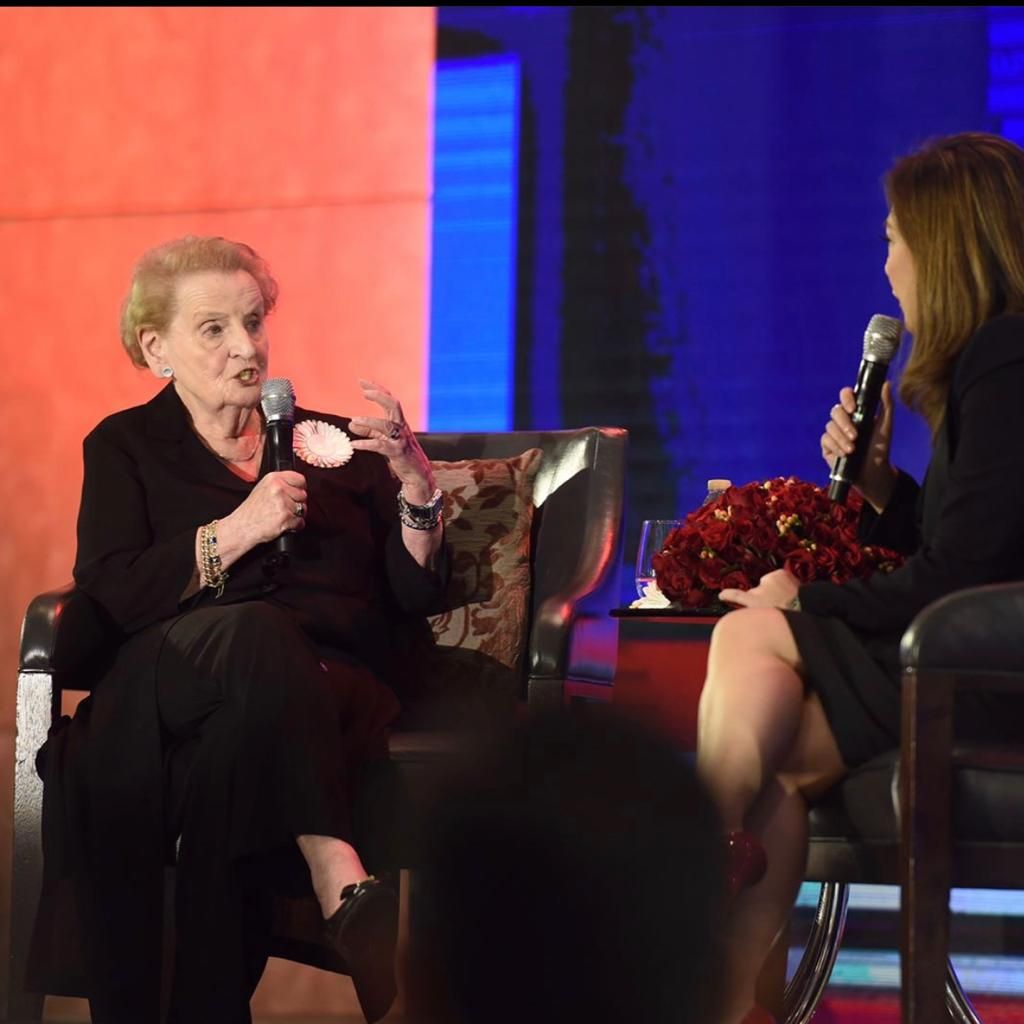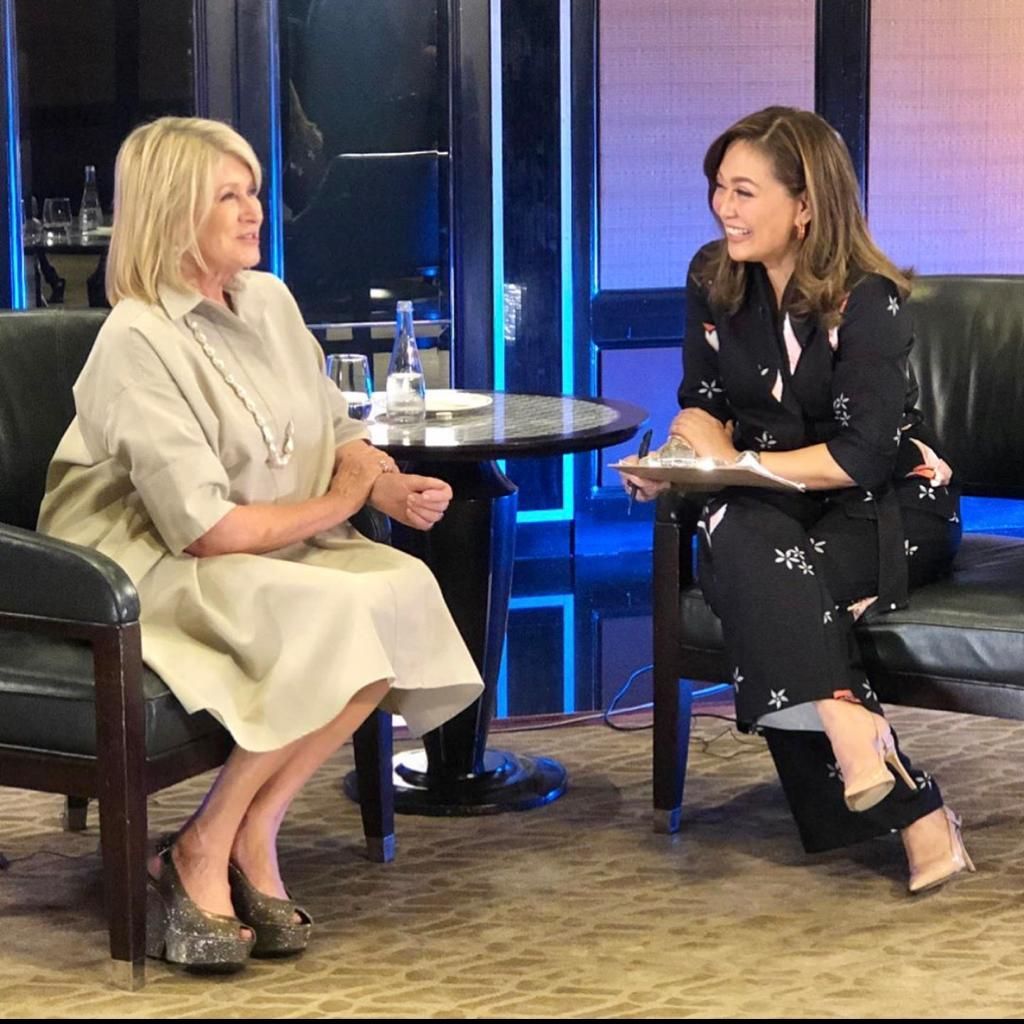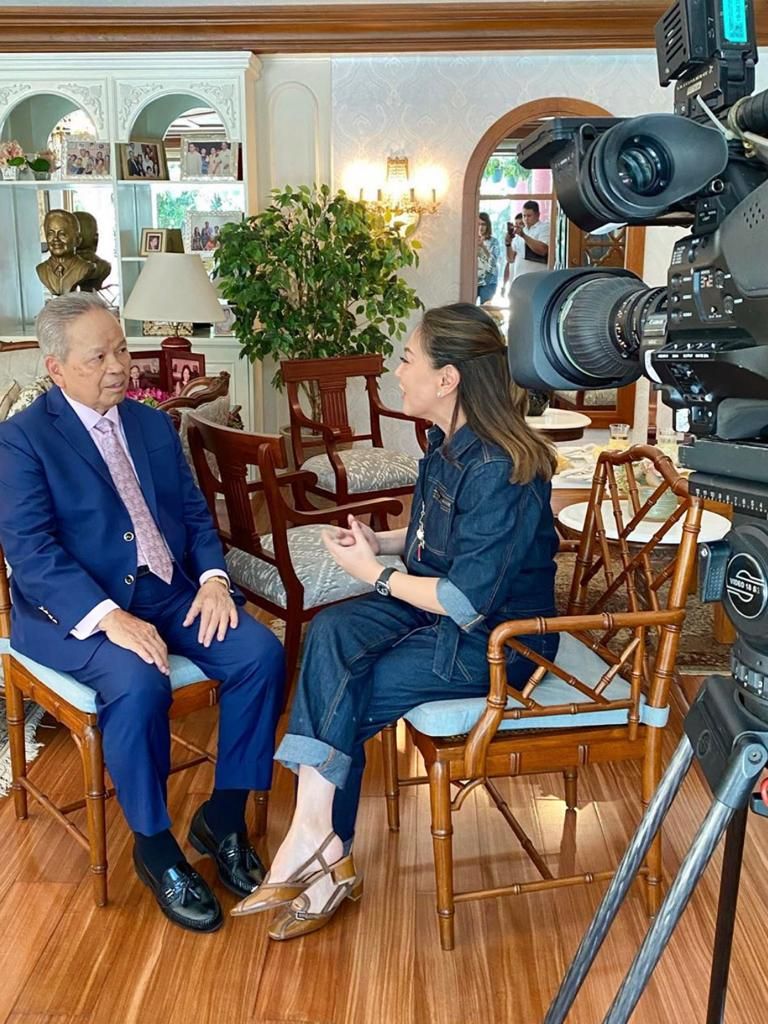Ask The Expert: internationally acclaimed career journalist Karen Davila shares her tips on public speaking.
Karen Davila is a celebrated Filipino major broadcast journalists known for her thought-provoking, intellectual, principled and well-presented stories. From television to radio, Davila has earned respect deserved acclaim. Every weekday, she talks to her audience through her TV morning news show, Headstart. Her work has been recognised internationally by Unicef and CNN, to name a few. She has worked with the World Economic Forum and the ASEAN on different occasions as a moderator, sharing her knowledge and expertise. With a wealth of experience in the world of public speaking, we turn to her for some tips on how to best our stage-fright fears and to learn what to her, makes a good speaker:

What makes a good public speaker or speech?
I think the most effective and powerful speakers speak from the heart. People want authentic speakers who are sharing their own vulnerabilities. Speeches aren’t relatable when it feels they’ve been written for you or they’re being read. Great speeches have simple solid sentences that can be remembered. Strong messages that are easy to understand and leave a mark to the listener. Charisma in public speaking is a gift but what one can say can be carefully thought of, studied and written in a way that connects with people.
Do you still get stage fright? Any tips?
Yes, I do! It depends on the audience I am in front of, but I do get butterflies in my stomach. I think that’s a good thing! It keeps you alert and on your toes. Before speaking, I don’t eat a heavy meal, I go over my notes and outline to make sure I don’t miss a key message. I don’t really write speeches, I make an outline or template and write down key points and quotes that I want the audience to remember. It helps when you look at the audience. Remember that you are speaking to people! That somehow keeps the conversation intimate.


